 In what is perhaps the most tangible event of the entire video game industry crash in 1983, Atari dumps 14 truckloads of unsold game cartridges and other parts in the Alamagordo, New Mexico city dump, with security guards standing by to keep curious onlookers from grabbing any “souvenirs” before concrete is poured over them. The unsold merchandise is stock left over from the closure of Atari’s cartridge assembly plant in El Paso, Texas. Second-quarter earnings report reveal that Atari has lost over $300,000,000 since the beginning of 1983.
In what is perhaps the most tangible event of the entire video game industry crash in 1983, Atari dumps 14 truckloads of unsold game cartridges and other parts in the Alamagordo, New Mexico city dump, with security guards standing by to keep curious onlookers from grabbing any “souvenirs” before concrete is poured over them. The unsold merchandise is stock left over from the closure of Atari’s cartridge assembly plant in El Paso, Texas. Second-quarter earnings report reveal that Atari has lost over $300,000,000 since the beginning of 1983.

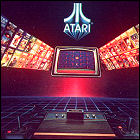 Months after his resignation as CEO of Atari, Ray Kassar is hit with charges of insider trading by the Securities & Exchange Commission. At issue, according to the SEC, is the sudden sale of 5,000 shares in Atari’s parent company, Warner Communications, 23 minutes before a statement was issued indicating that Atari would not meet shareholders’ expectations in the fourth quarters of 1982. Other Atari executives are also charged with similar last-minute sell-offs.
Months after his resignation as CEO of Atari, Ray Kassar is hit with charges of insider trading by the Securities & Exchange Commission. At issue, according to the SEC, is the sudden sale of 5,000 shares in Atari’s parent company, Warner Communications, 23 minutes before a statement was issued indicating that Atari would not meet shareholders’ expectations in the fourth quarters of 1982. Other Atari executives are also charged with similar last-minute sell-offs.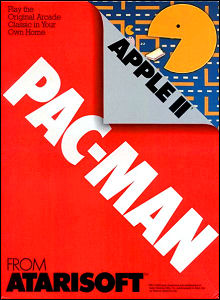 Atari, under its Atarisoft imprint, releases the
Atari, under its Atarisoft imprint, releases the 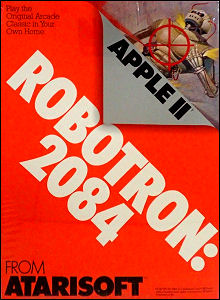 Atari, under its Atarisoft imprint, releases the
Atari, under its Atarisoft imprint, releases the 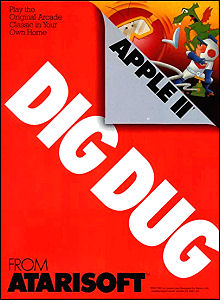 Atari, under its Atarisoft imprint, releases the
Atari, under its Atarisoft imprint, releases the 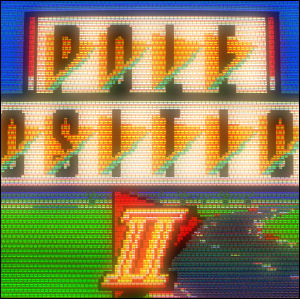 Atari’s arcade game
Atari’s arcade game 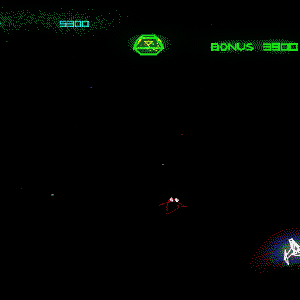 Atari releases
Atari releases 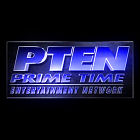 Hobbled by the recent half-billion-dollar losses of its Atari division, Warner Communications finds itself vulnerable to a potential hostile takeover by Australian publisher Rupert Murdoch, who isn’t shy about his plan to acquire a controlling interest in Warner’s very slowly recovering stock. To stave off Murdoch’s takeover attempt, a 19% stake in Warner is traded for 43% of Chris-Craft Industries’ broadcasting division, BHC Communications. This transaction later has unforseen consequences, including BHC’s near-successful 1989 attempt to block the Time Warner merger, and the creation of the short-lived PTEN television network, a failed 1990s venture whose main claim to fame will be the science fiction series Babylon 5.
Hobbled by the recent half-billion-dollar losses of its Atari division, Warner Communications finds itself vulnerable to a potential hostile takeover by Australian publisher Rupert Murdoch, who isn’t shy about his plan to acquire a controlling interest in Warner’s very slowly recovering stock. To stave off Murdoch’s takeover attempt, a 19% stake in Warner is traded for 43% of Chris-Craft Industries’ broadcasting division, BHC Communications. This transaction later has unforseen consequences, including BHC’s near-successful 1989 attempt to block the Time Warner merger, and the creation of the short-lived PTEN television network, a failed 1990s venture whose main claim to fame will be the science fiction series Babylon 5.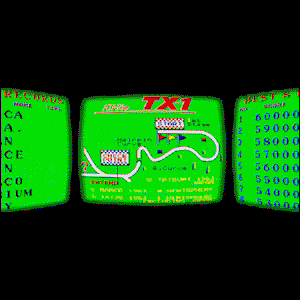 Atari releases
Atari releases 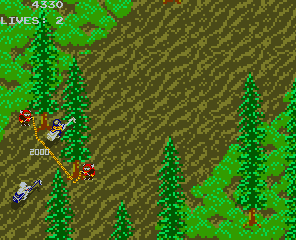 Atari releases the arcade game
Atari releases the arcade game 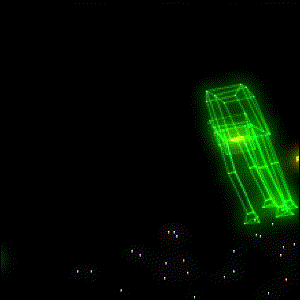
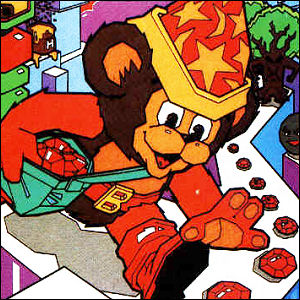 Atari releases
Atari releases 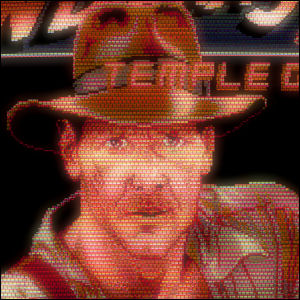 Atari releases the arcade game
Atari releases the arcade game 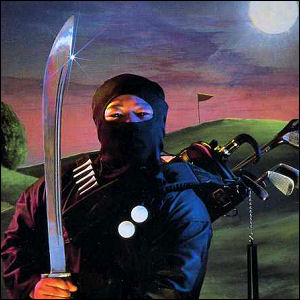 One of Atari’s most innovative games of the 1990s is released for the Atari 7800 home video game system.
One of Atari’s most innovative games of the 1990s is released for the Atari 7800 home video game system.  Atari and Interplay release
Atari and Interplay release 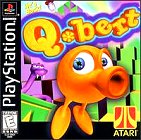
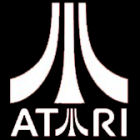 The 21st century iteration of Atari, now owned by the French video game company formerly known as Infogrames, files for Chapter 11 bankruptcy protection as it tries to disentangle itself from its parent company’s descent into insolvency. Revealed in the filing is that, despite numerous modern games distributed under the Atari “label”, licensing of the 1970s Atari logo accounts for almost one-fifth of Atari’s current revenue. The classic Atari game portfolio dating back to such games as
The 21st century iteration of Atari, now owned by the French video game company formerly known as Infogrames, files for Chapter 11 bankruptcy protection as it tries to disentangle itself from its parent company’s descent into insolvency. Revealed in the filing is that, despite numerous modern games distributed under the Atari “label”, licensing of the 1970s Atari logo accounts for almost one-fifth of Atari’s current revenue. The classic Atari game portfolio dating back to such games as 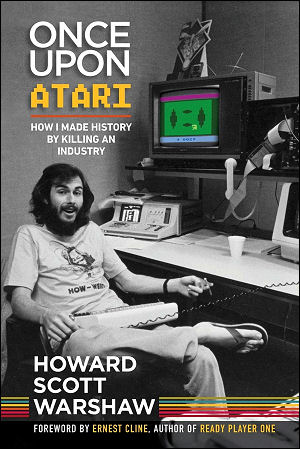 Former Atari game designer and programmer
Former Atari game designer and programmer